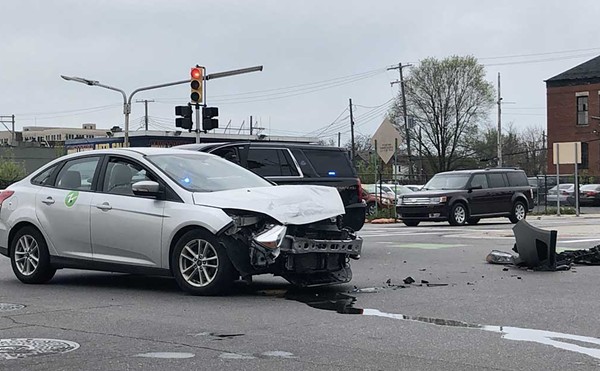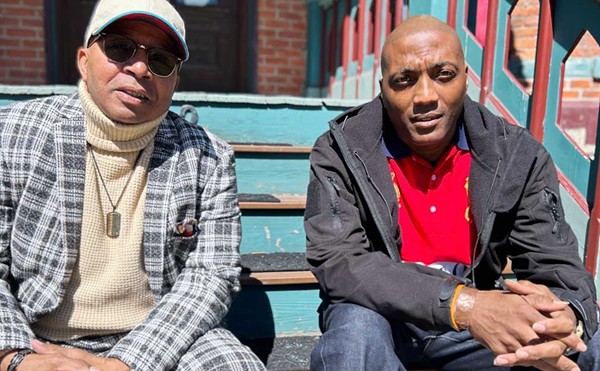A group called “Detroiters for Reform” is seeking to change the way Detroit City Council members are elected. The intent is to make that body more responsive to ordinary citizens by changing the current at-large system to one where council members represent specific districts.
Director Alando Reeves says his group has been drumming up support for the measure for the last six months. In that time, he says, it has gotten the endorsement of 68 groups throughout Detroit, including civil rights organizations, community groups and churches.
But here’s the problem: The group has only gathered about 11,000 signatures so far. If the measure is to make in onto the November ballot, more than 22,000 additional names have to be collected by Aug. 9.
Ron Brown, a professor of political science at Wayne State University, says Reeves and his group face a tough fight.
“What they are up against are elected officials who have established political machines who can tell people what’s wrong with that idea,” says Brown, who teaches city politics and American government. “And that’s going to be an uphill battle for this group.”
Reeves says he was prompted to act by a city council that is unresponsive to the needs of its constituents.
“They should be held accountable for what’s going on,” Reeves says. “It’s everything from abandoned housing to a lack of economic development.”
The thinking is that, with each council member representing a particular district, with a specific group of constituents who must be answered to, they will be more attentive to the needs of those casting votes. As it is now, with voters from the entire city electing the council, name recognition — rather than qualifications — is often enough to get someone a seat on council.
The concern among reformers is that Reeves and his group don’t have enough time left to gather all the signatures needed. But Reeves is undaunted. He says 300 volunteers will be working the polls on Election Day (this column was written Monday, before the big primary took place). Doing so allows signature gatherers to zero in on registered voters.
“We’ve gone through all the legal questions,” Reeves says. “We’re figuring on getting 125 signatures per volunteer. We’re comfortable that will happen.”
News Hits is skeptical, but hopes to be proven wrong. We’ll check back in with Reeves toward the end of this week and report back.
Send comments to [email protected]




